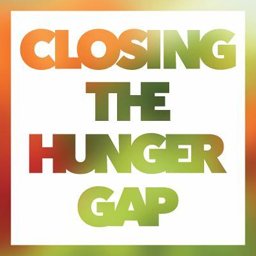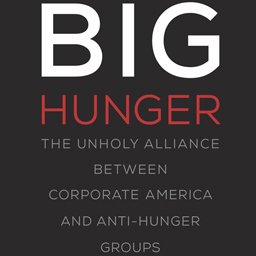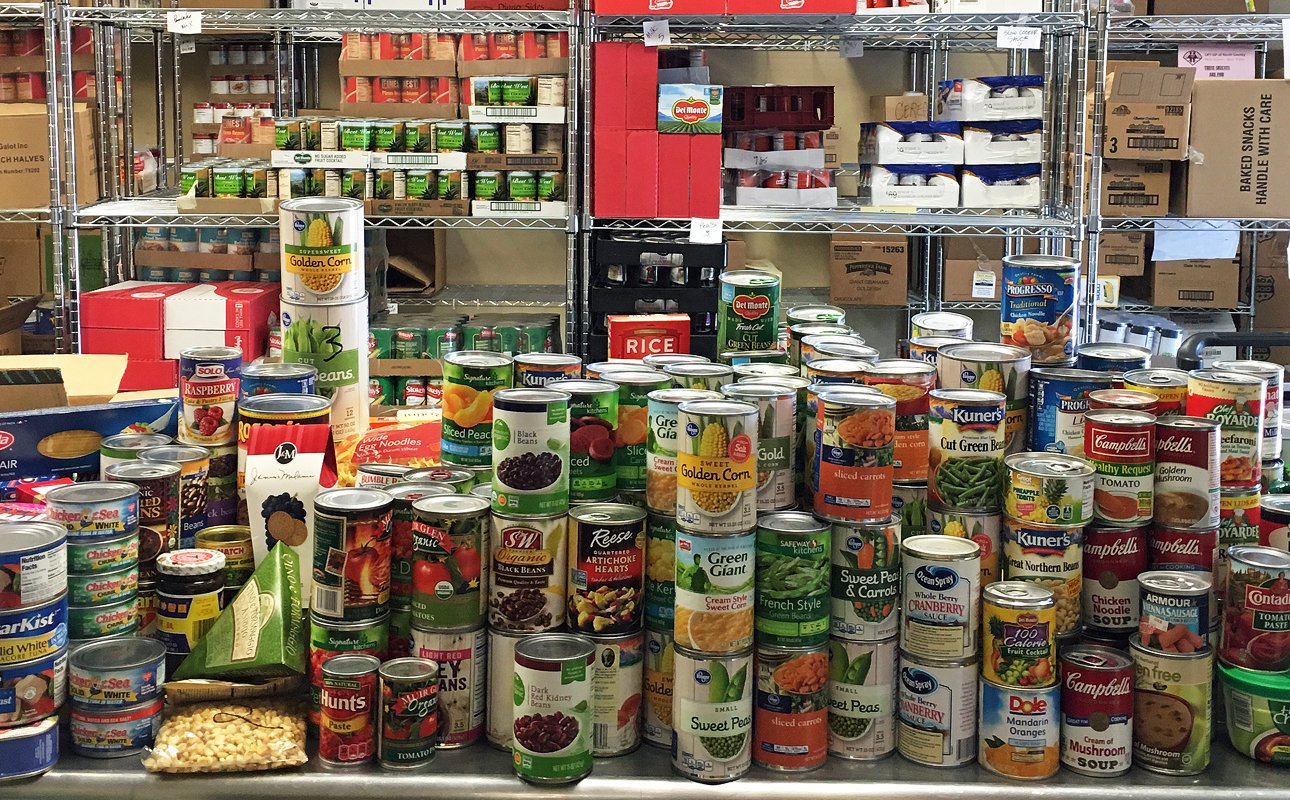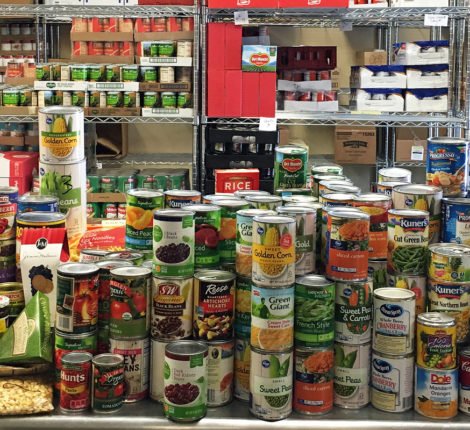- April 24, 2019
- Aid Talk , BetterAid.org , Food Bank
- Comments : 0
Food Bank: A Call For Discussion On Poverty
What sort of a role do food banks play in fighting poverty? They certainly are a massive tool to provide relief for people who have been, due to poverty, pushed into acute suffering of hunger and are the recipients of generous donations from large-hearted people who want to do their bit for the society.
But do they just provide temporary relief to the sufferers or are they going to play an effective role in the long-term fight to end poverty?
These are the type of questions that have been lately debated in the intellectual circles of the country.
Role Of Food Banks In America

A study done in 2014 revealed that 1 in 7 Americans depend on food banks to fight food insecurity.
Let’s first look at what the food banks are doing in America at the moment. They play an increasingly important role in providing food security to a substantial portion of American population.
There are around 60,500 emergency food providers in the country, as per an estimate. A study done in 2014 revealed that 1 in 7 Americans depend on food banks to fight food insecurity.
Of these 46 million people that were reliant on food banks in 2014, 43% were white, 26% black and 20% Hispanic. What is even more shocking is that 25% of military families also need help from food banks.
The fact that the near and dear ones of those serving in the country’s most revered establishment are also facing food insecurity must surprise everyone.
So, it can be said with certainty and confidence that food banks are a very important part of the social fabric of the country and are badly needed.
‘Charity Won’t End Hunger’

Closing the Hunger Gap: Cultivating Food Justice Conference
In 2016, a report called ‘America’s Food Banks Say Charity Won’t End Hunger’ came out and analyzed the role of food banks in ending food scarcity and not just alleviating it.
The report said that donors need to be made aware of how long-term solutions that will end the need for food banks also need to be supported rather than just food banks.
This formed the basis of a major event titled ‘Closing the Hunger Gap: Cultivating Food Justice Conference’ held in Portland, Oregon in September 2015 and hosted by Oregon Food Bank.
With 501 delegates from 41 American and 3 Canadian states taking part, it was a major forum to discuss such issues.
What this report and the discussions held at the Portland Conference point out is that the growth of food banks and the donations to them by ordinary people may, at first, appear encouraging as signs of generosity and large-heartedness.
But the fact that the need for food banks has increased shows that there is failure of the state in curbing poverty and hunger which is why such places are needed.
The report identifies the diminishing of the social safety infrastructure, growth in precarious employment, lack of sync between wages and inflation, decline in political support for nutrition programs of government and, of course, economic inequality, as the major causes of rising food insecurity.
What is worse, by limiting the scope of the problem to hunger and not seeing it as a manifestation of poverty, government is not addressing root causes of food insecurity. Charity, as one author described it, serves as a ‘moral safety valve’ that makes people feel they are doing something but only limits their efforts to fighting the symptoms and not the causes of the problem.
Are Food Banks Counter-Productive?

Big Hunger Book
A very provocative book titled ‘Big Hunger: The Unholy Alliance between Corporate America and Anti-Hunger Groups’ written by Andrew Fisher suggests, as the title makes clear, that food banks are not the solution to the problem but part of it.
He too basically argues that the problem lies in the society not attacking the root causes of hunger and only dealing with the symptoms.
While not blaming most organisations who donate food, he does take aim at Wal-mart for what he sees as their hypocrisy.
While they donate large amounts of food for charity, and get tax relief, they pay such low wages that many of their employees end up reliant on those very food banks they donate to.




